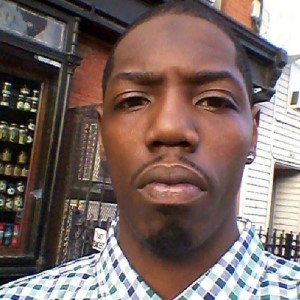BY STEVEN PREEZYDAKID BROWN (FEB. 4, 2016):
In 1990, rap group Public Enemy declared that mainstream America was fearful of a Black Planet, which became the theme and focal point of their third LP.
At the time, hip-hop was becoming the music of choice for American youth and Public Enemy were well aware of it. Now, the kids from the suburbs were being exposed to unfiltered black culture.
But what frightens bigots and racists even more is when a black man seems to hold the world in the palm of his hand. And in 2016, that description fits Cam Newton to a tee.
The starting QB for the Super Bowl-bound Carolina Panthers and likely NFL MVP, is the man at the moment, whether his detractors like it or not. Over the course of the 2015 season, many pundits took umbrage with what they deemed to be Cam’s excessive touchdown celebrations, particularly his propensity for doing the dab after making a big play.
But, apparently, there is a growing contingent of those that aren’t entertained by Cam’s antics. As is the case with most debates involving minorities, many in the black community feel that these critiques are racially motivated.
Cam Newton is the polar opposite of the docile, African American player that’s just happy to get along. Instead, he’s the type of self-assured black talent that white America loves to hate.
Cam Newton is not the black quarterback of old and is at the beginning stages of what looks to be a dominant run as the NFL’s face. It scares his critics shitless because there’s nothing they can do about it.
He is not Doug Williams or Donovan McNabb, two former black quarterbacks who reached the Super Bowl, but preferred to shy away from the responsibility that comes with it. They wanted to be “ordinary” quarterbacks.
And while I hold the utmost respect for these legends, they aren’t Cam. Newton’s far from timid and mainstream America despises him because he’s confident, borderline cocky, and doesn’t fit the mold of the traditional, white quarterback.
Today’s feelings about Cam are similar to how people despised him when they failed to nail Cam on those pay-to-play allegations levied against him in 2010 when he was a member of the Auburn Tigers. At the time, it was alleged that Newton’s father, Cecil Newton, sought $120,000 to $180,000 for the quarterback to sign with Mississippi State out of junior college prior to ending up at Auburn.
The timing of the investigation was a bit peculiar for some considering that Newton was the NCAA’s darling player. The NCAA would eventually clear Cam and Auburn of all wrong-doing in October 2011, concluding that it found no major violations in its investigation.

